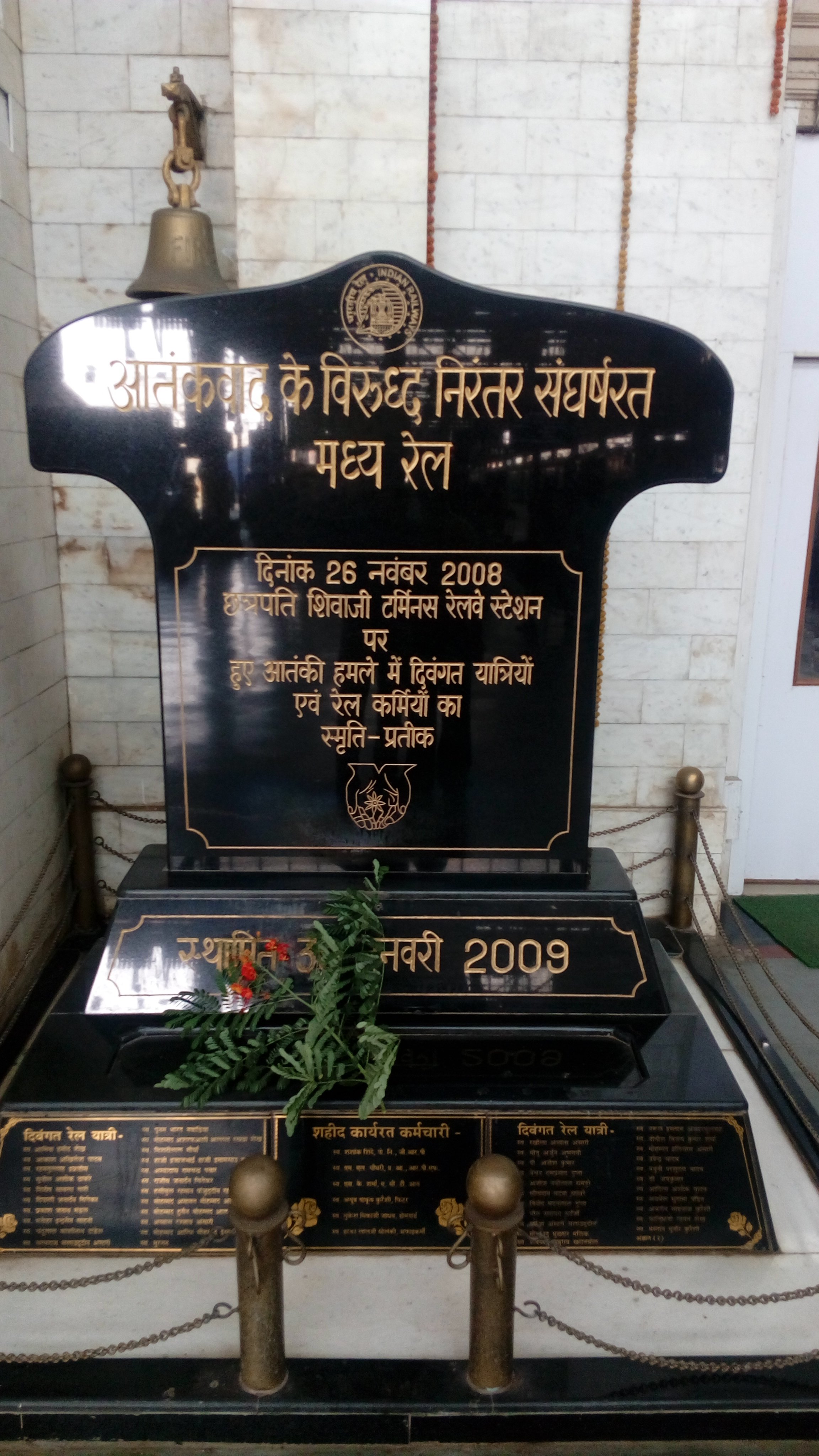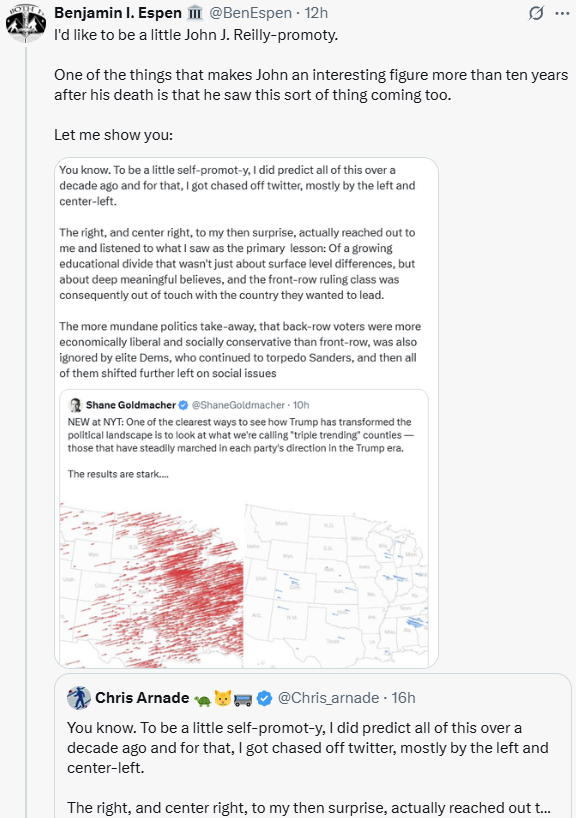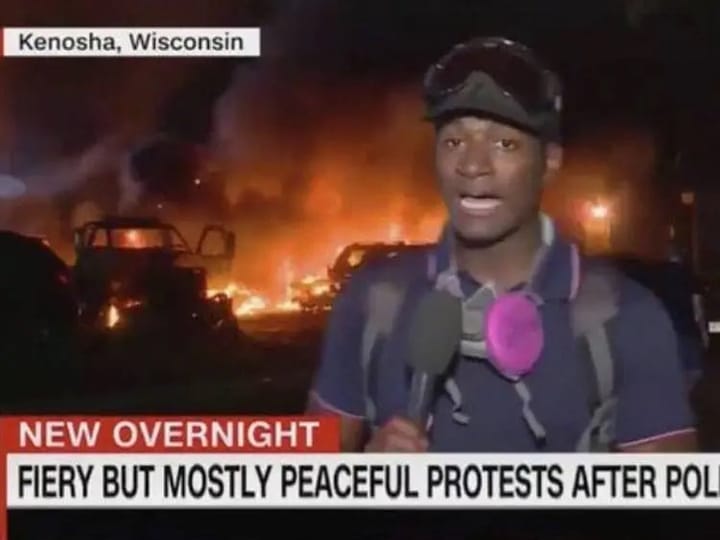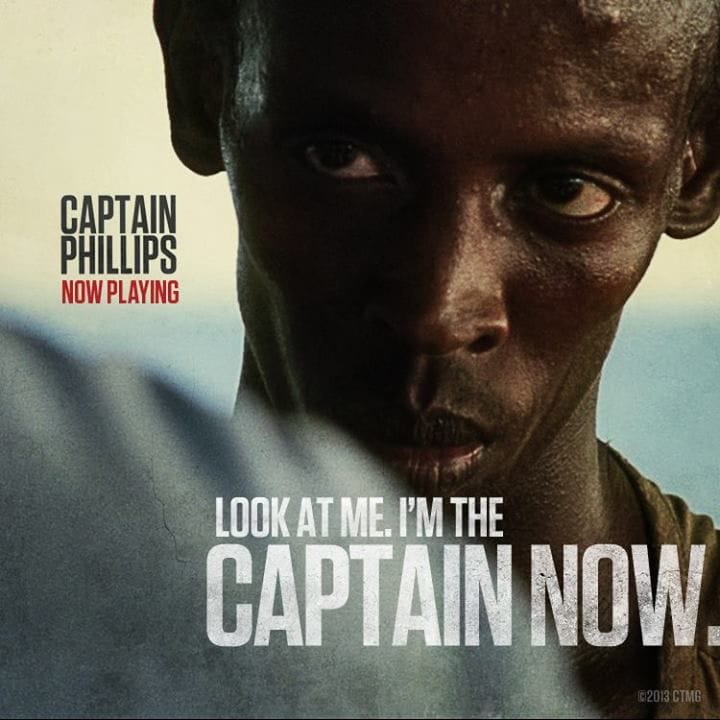The Long View 2008-11-29: Mumbai and the Tranquility of Order

Mumbai 26/11 Attacks memorial bearing the names of people killed at Chhatrapati Shivaji Terminus
By IAshishTripathi - Own work, CC BY-SA 4.0, https://commons.wikimedia.org/w/index.php?curid=82386556
In retrospect, I have criticized John and a lot of other people for the things they said or the courses of action they took in the years after 9/11. However, if you get yourself back in the mindset you might have had at the time, something like the 2008 Mumbai attacks would have looked like a confirmation of the point of view that Islamic terrorism was a major threat to public order.
And given the changes in the world at the time, clearly a lot of people took this very seriously. And much like the Venona decrypts upended years of sober opinions on Cold War espionage, much of the true story probably remains unknown. Even with Wikileaks, I suspect you cannot yet see the full picture.
Mumbai and the Tranquility of Order
Mark Steyn is a culture-first kind of guy (as am I, for most purposes), and there is some merit in the analysis along these lines that he offers in a column entitled Mumbai could happen just about anywhere:
It's missing the point to get into debates about whether this is the "Deccan Mujahideen" or the ISI or al-Qaida or Lashkar-e-Taiba. That's a reductive argument. It could be all or none of them. The ideology has been so successfully seeded around the world that nobody needs a memo from corporate HQ to act: There are so many of these subgroups and individuals that they intersect across the planet in a million different ways.
Certainly there are Mumbai-minded people all over the world, enough to threaten public order through terrorist attacks in many of the world's major cities. However, what happened in Mumbai in the past few days was not like the London or Madrid bombings, or even like 911. As The Belmont Club notes in the posting Symphony of Blood, the attacks were a combination of political theater with urban warfare. The action was planned months in advance, cost a great deal, and required sophisticated military training (which I might add also requires reasonably secure bases). No matter how politically correct the RCMP has become, I think that it would be difficult to organize something like that for Toronto without the preparations being detected. Furthermore, the conductor of the Mumbai symphony seems to have had fairly specific strategic goals:
Therefore the attacks cannot be understood as simply some “teenage gunmen” letting off some fanaticism. Whoever staged the attacks was playing a deep game for high stakes. Taheri notes, as pointed out in previous Belmont Club posts, that the Mumbai attacks were aimed at any possible easing of tensions with India, which Barack Obama hopes to build upon to get Pakistan to crack down on al-Qaeda.
As many commentators have noted, the military situation in the tribal areas of Pakistan for the Taliban and Al Qaeda has been deteriorating in recent months. Almost their last hope is to redirect the Pakistani government's attention from them to a confrontation with India.
It could work.
* * *
Speaking of Electus Obama, this piece in The Nation is supposed to be funny, but it does bear thinking about:
The other day I noticed that my husband had for the tenth time ruined the slick seasoned surface of my cast-iron skillet by scrubbing it with Brillo. I started to get ticked off....But then I thought, Would Obama let this get to him?...Barack Obama's calm, nonreactionary response to the worst that politics and economics can throw at him has begun to establish a new emotional policy: trickle-down equanimity..our leaders inevitably take up four- or eight-year occupations of the mytho-religious space in our brains that links private behavior to public values.
Regular readers of this site must forgive me for quoting my own review of Revolt Against the Modern World:
The King of the World is an archetype, and also a legend of a real earthly ruler. He sits unmoved at the hub, at the center of the world. The center has many names: Mount Meru, Shambhala, Olympus, Asgard. This seat is often placed in a polar region, as in the Greek legend of Hyperborea. The king's peace is an inner condition, and only incidentally a political one. He subdues opposition by the rumor of his imperturbability.
That could work, too, but maybe not now.
Copyright © 2008 by John J. Reilly



Comments ()